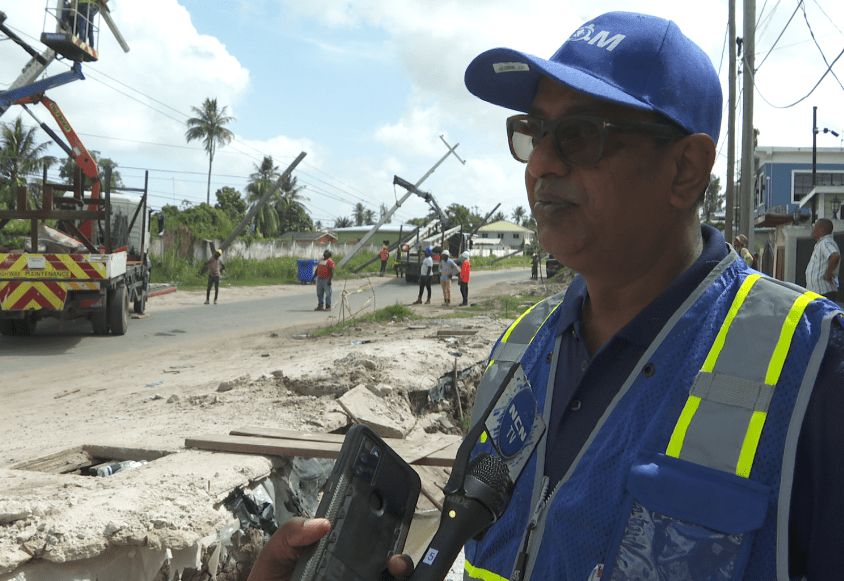MoH receives $9M boats to address healthcare needs of remote communities
 27 December 2024
27 December 2024
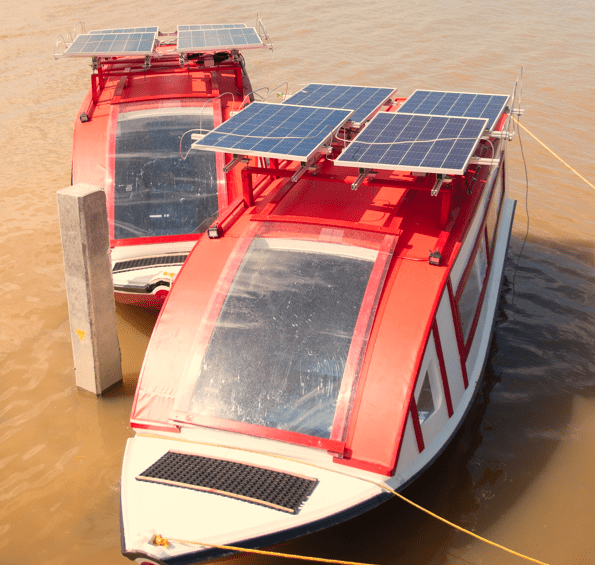

This morning, at the Guyana Defence Force Coast Guard Wharf, the Ministry of Health received two specialised maternal health boats, funded by GAVI through the United Nations Children’s Fund (UNICEF). These boats, valued at approximately GYD 9 million, were designed and built over two years to specifically address the healthcare needs of the remote communities in Regions Eight (Potaro-Siparuni) and One (Barima-Waini).
Director General of the Ministry of Health, Dr Vishwa Mahadeo accepted the donation on behalf of the Minister of Health.
The extent to which these boats are unique is attributed to the combination of their features and the specific immunisation healthcare model they serve. Their design aligns with global best practices for reaching isolated communities, and they may inspire adaptations in other countries facing similar geographical and logistical challenges.
The vessels are equipped with maternal transport cots and solar-powered vaccine refrigerators, representing a significant leap forward in improving maternal and neonatal healthcare, as well as supporting immunisation efforts. This initiative underscores the Ministry’s commitment to expanding healthcare access for underserved, riverine populations in Guyana.
The boats will be deployed to Region Eight, specifically serving Wipa Village and surrounding communities along the Ireng River, as well as to Region One, catering to eastern populations along the rivers and islands. This targeted approach will ensure that expectant mothers and children in these Regions have better access to essential health services.
Key figures present at the handing-over ceremony included Dr Oneka Scott, Maternal Child Health Officer; Abdul Salem-Saleh, UNICEF Guyana and Suriname Operations Manager; Joann Simpson, Health Officer at UNICEF Guyana and Suriname; Jewell Crosse, Youth and Adolescent Officer at UNICEF Guyana and Suriname; and Crystal Stoll, Communication Officer at UNICEF.
These boats, which are critical tools in the fight for health equity, reflect the power of partnerships in addressing maternal and neonatal health challenges.
Related News
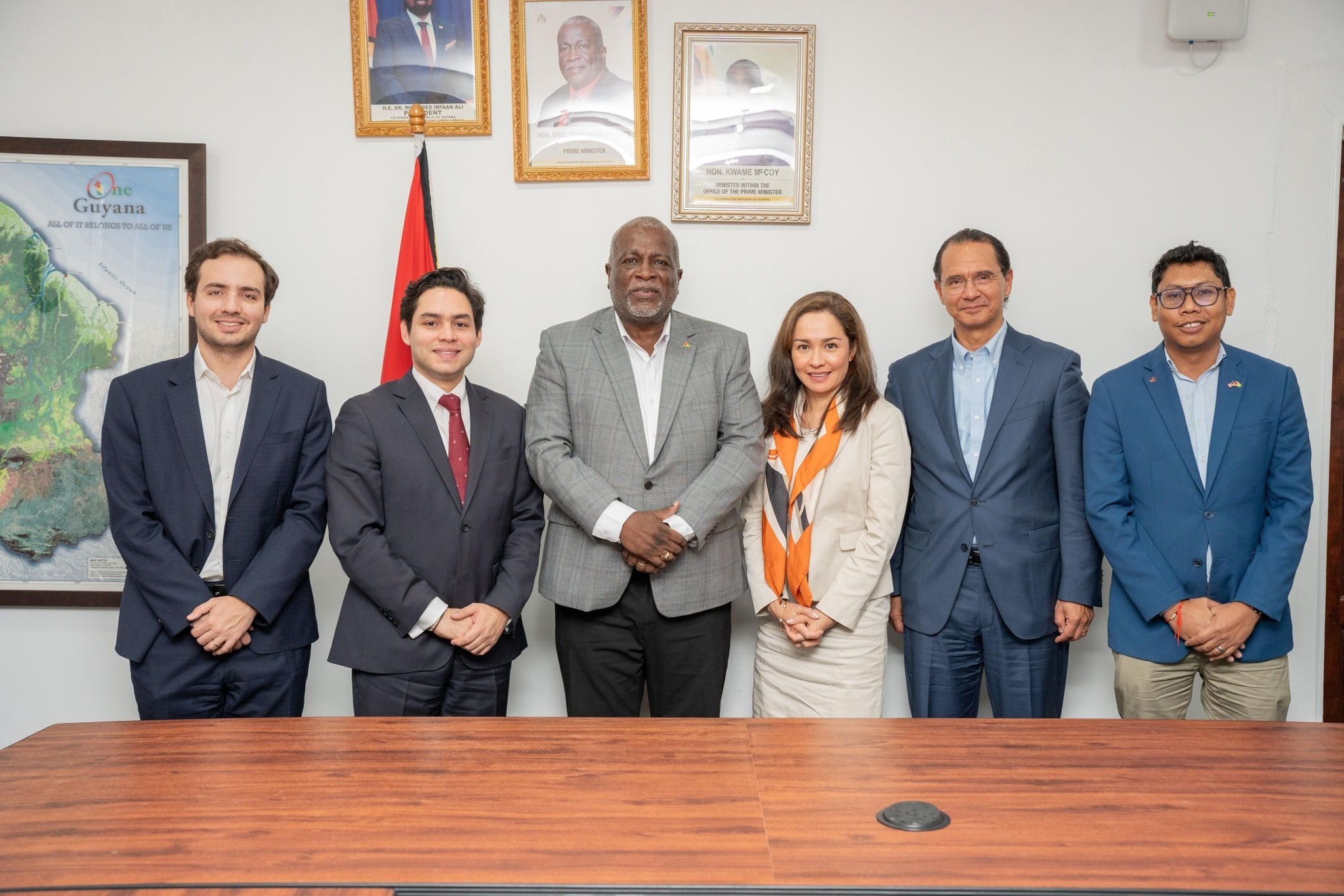
PM discusses local investment opportunities with Australia's Macquarie Bank
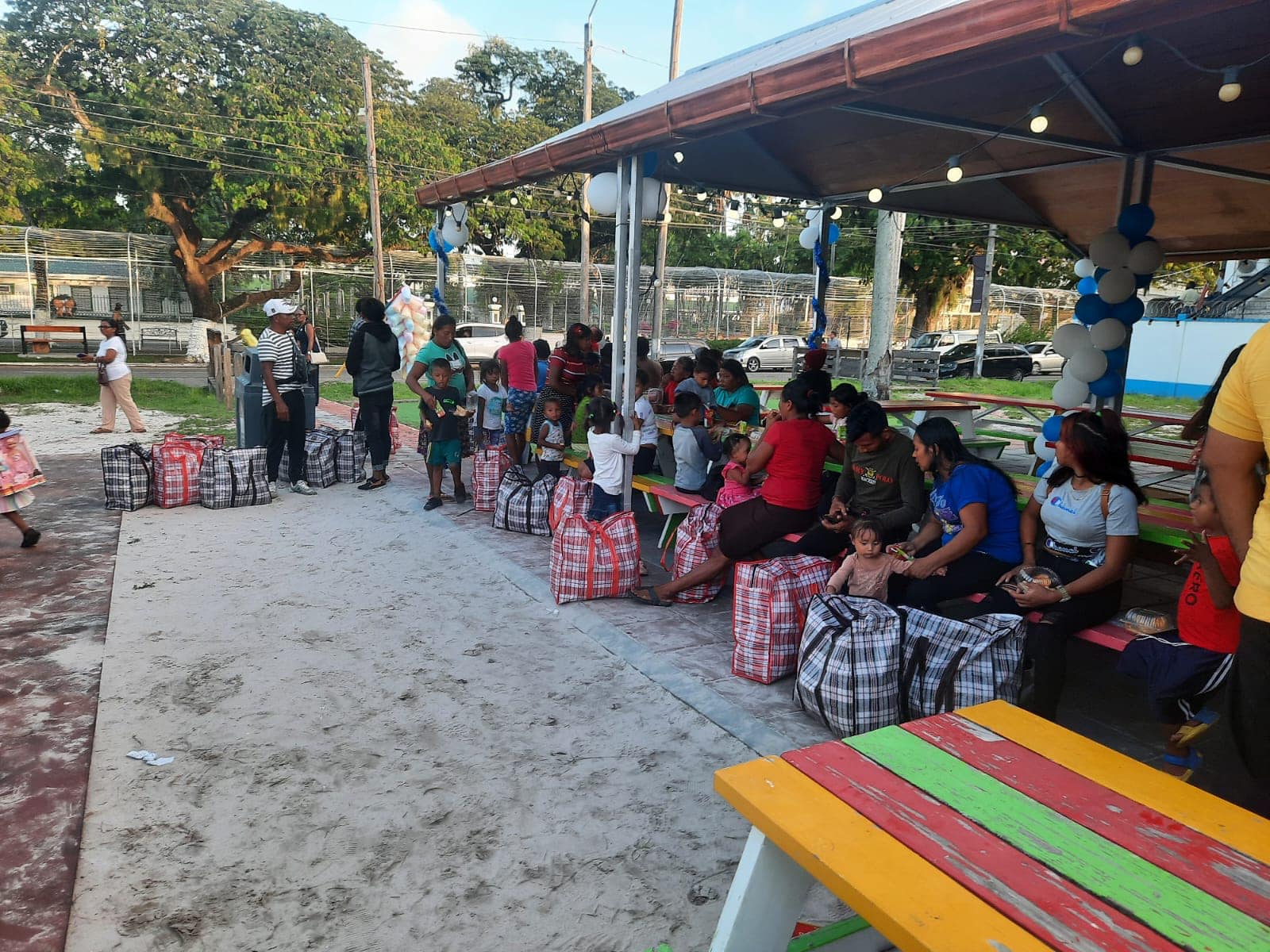
Govt helped Warrau group – presidential aide debunks AFC’s mistruths
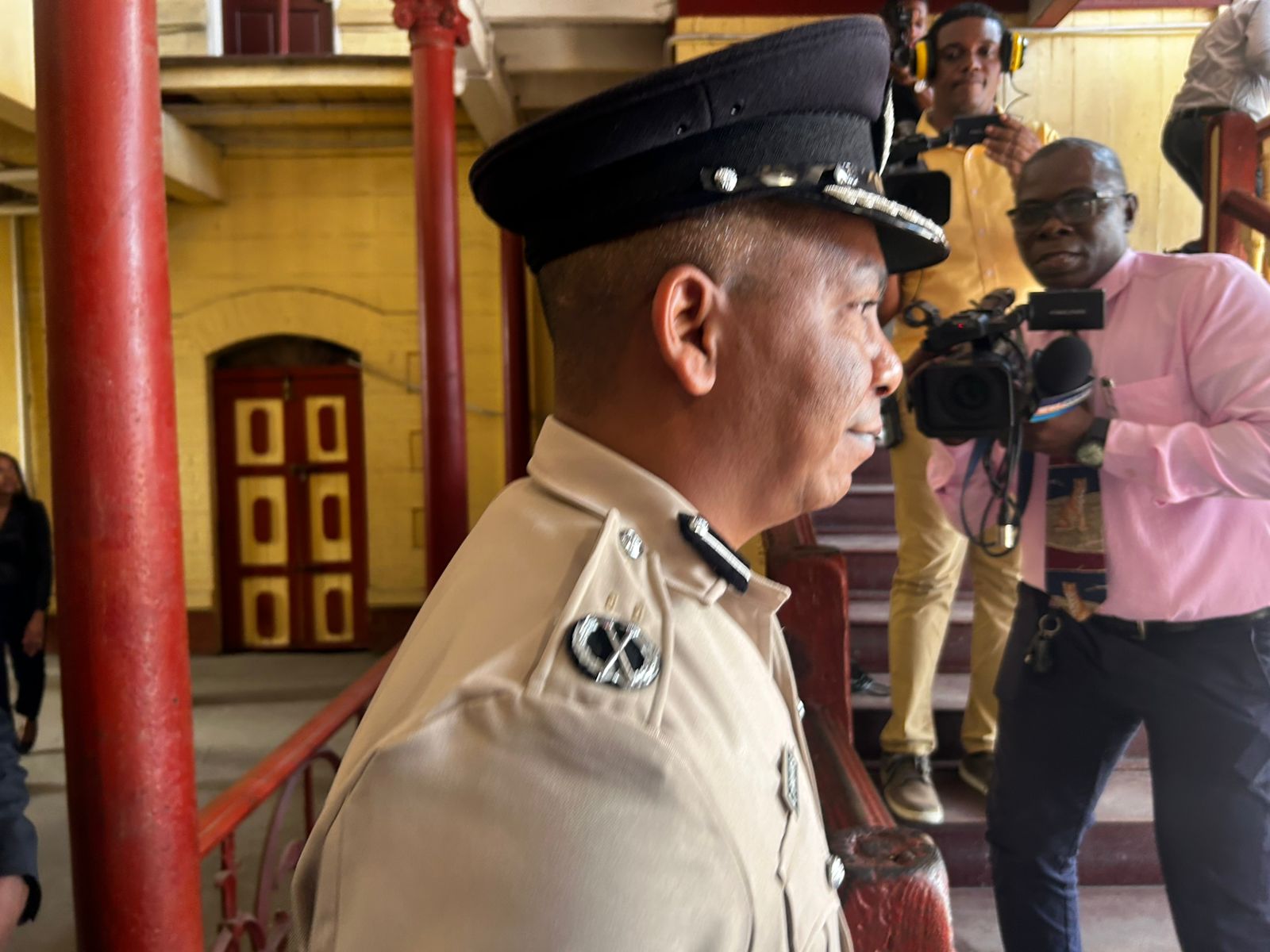
Prosecution applies for Calvin Brutus’ bail to be revoked amid alleged flight attempt
